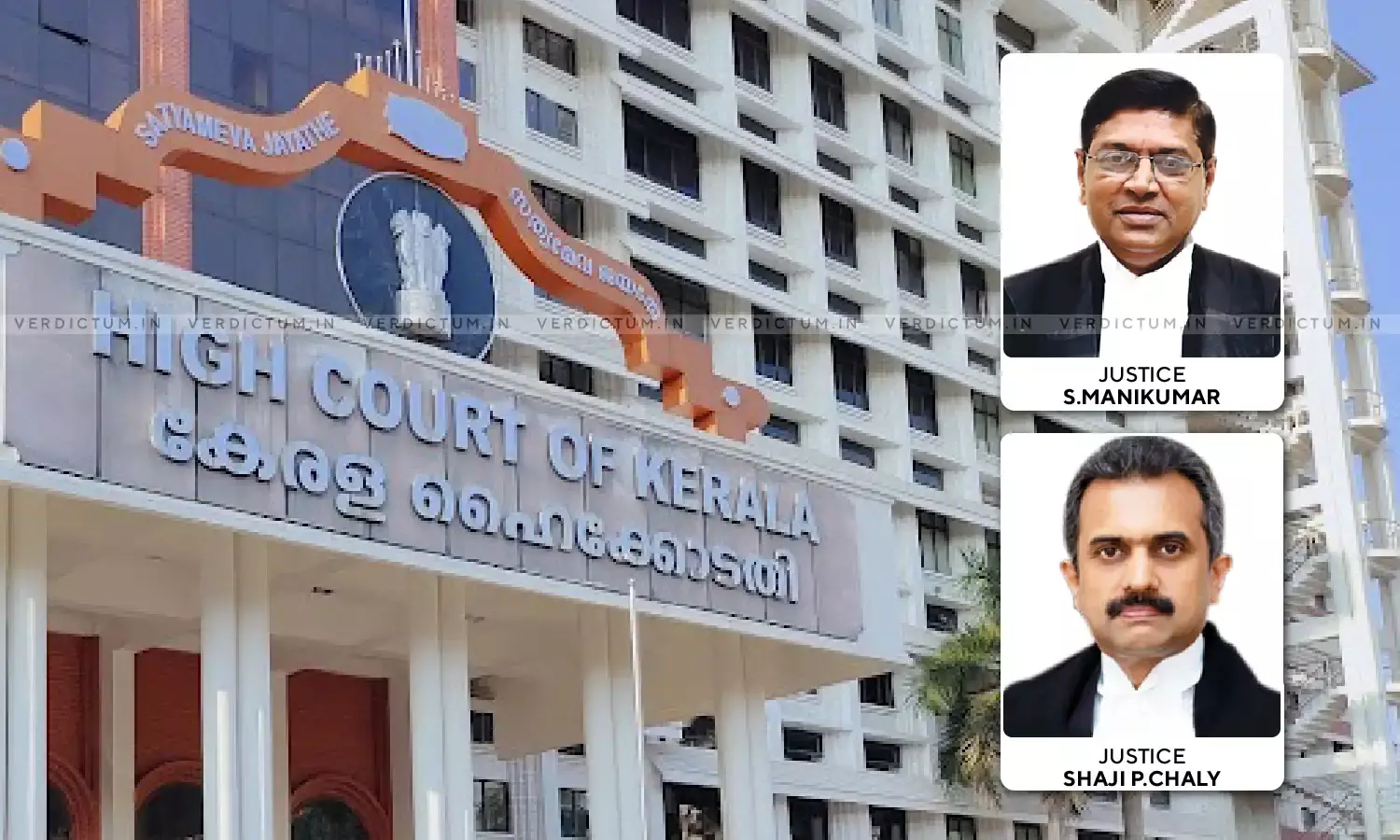Issue Orders Forthwith To Prevent Govt Servants From Engaging In Strike: Kerala HC To State On Bharat Bandh

The Division Bench of Kerala High Court had directed the state government to issue appropriate orders forthwith, to prevent the Government servants from engaging in the strike, Bharat Bandh. The Court has also directed the state government to issue appropriate orders to enable the operation of vehicles, to enable the Government servants to attend duty.
The Division Bench of Chief Justice S. Manikumar and Justice Shaji P. Chaly passed the order in a PIL filed by Advocate Chandra Chooden Nair seeking a declaration that the call for General Strike on 28th and 29th of March entailing cessation of work by forcefully preventing citizens of the state by blocking road and rail is an unconstitutional act, against the binding judgments of the Court.
It was contended by Advocate V. Sajith Kumar for the Petitioner that the state government is trying to aid and assist the two day Bandh by permitting eligible leave with salary to the State Government employees taking part in the strike by not declaring 'dies non' in terms of the earlier directions of the Court.
It was argued that the High Court had prohibited Bandhs in Kerala and had directed the state to issue orders mandating the attendance of Government servants and declaration of dies-non on days of strike, to mitigate the inconvenience and hardship caused to the public.
It was contended in the PIL that the state "had acted hand in glove with the trade unions and encouraged the Government servants and teachers to participate in the general strike against the policies of Central Government by offering to regularise the absence in strike days as eligible leave with salary."
"This is being done when workers striking against the state government are penalized appropriately..", it was contended.
Advocate General K.Gopalakrishna Kurup appearing for the state government contended that the strike was called way back in February 2022 and that trade unions, which called for the strike, have not been impleaded as party respondents in the PIL. He also argued that the service rules enables the employer to take disciplinary action and deny salary if found that a Government servant has participated in the strike.
The Court held that merely because there is disciplinary action provided, that does not absolve the state from taking preventive action. "From the material on record, we find that Government has not issued orders well in advance preventing any such Government servant from taking part in the strike nor provided any machinery enabling others to attend office", the Court held.
The Court directed the state "..to issue appropriate orders forthwith, to prevent the Government servants from engaging in strike and also to issue necessary orders forthwith, to all the Heads of the Departments, to ensure that Rule 86 of the Government Servants' Conduct Rules, 1960, and the circular extracted supra, are not violated and in case of violation, to take appropriate action. Government should issue appropriate orders to enable the operation of vehicles, to enable the Government servants to attend duty."
Click here to read/download the Order

